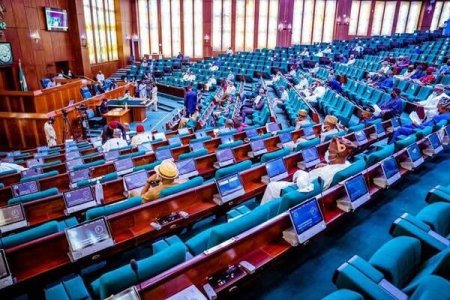
Nigeria’s 2025 budget of N47.9 trillion is the largest in naira terms but the smallest in dollar value since 2018, according to economists. The Nigerian Economic Society (NES) highlights the challenges posed by naira devaluation and recommends adjustments to oil price and exchange rate assumptions.
Nigeria’s proposed N47.9 trillion 2025 budget, while the highest in nominal naira terms, is the lowest in dollar terms since 2018. According to the Nigerian Economic Society (NES), the devaluation of the naira has significantly reduced the budget's value when converted to U.S. dollars.
The proposed budget amounts to $27.96 billion using the current exchange rate of N1,679/$1, which is a 17.76% decrease compared to the 2024 budget of $34 billion. Despite the ambitious N1,400/$1 exchange rate benchmark, experts warn that this rate may not align with Nigeria’s fiscal and monetary realities in 2025. Projections from global financial institutions indicate the naira will likely settle at N1,750/$1 or even N1,850/$1 by year-end.
NES President Adeola Adenikinju also suggested adjusting the oil price benchmark from $75 per barrel to $70 to mitigate risks associated with potential global oil price fluctuations. With U.S. oil production expected to increase and OPEC+ production cuts ending in 2025, oil prices could drop significantly.
The 2025 budget also includes a proposed N13.8 trillion deficit, exceeding the 3% of GDP threshold set by the Fiscal Responsibility Act. The NES recommends a review of the country’s budget over the past few years to set more realistic deficit limits and address Nigeria’s ongoing socioeconomic challenges. Furthermore, the low capital expenditure allocation of N7.72 trillion could limit economic growth and infrastructure development.





![Today's Naira Rate[19-11-2024]: Naira Gains 0.67%, Trades at ₦1,678.93 Against Dollar](/data/attachments/210/210429-c1f9476bc49de3f3ab8185665285b3bf.jpg?hash=hFfFcRmkeL)
